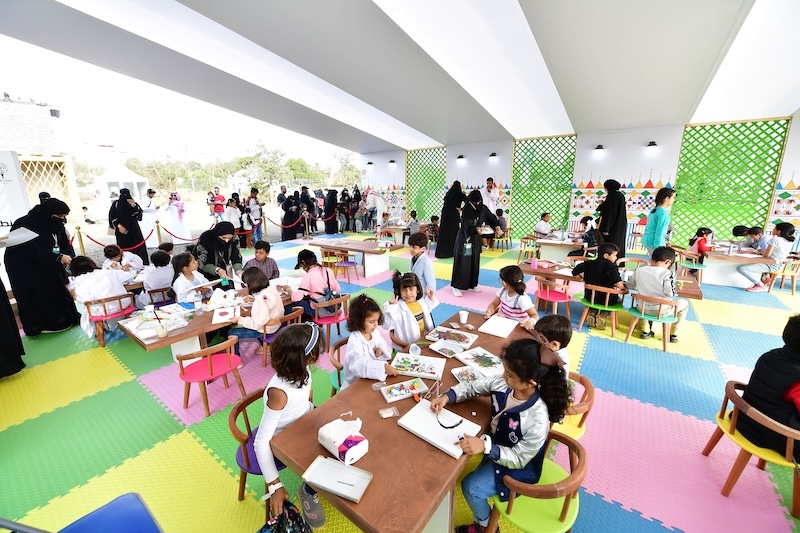
The Foundation of Early Childhood Development
Early childhood is one of the most crucial stages in a person's life, as it shapes character and lays the foundation for principles, ethics, and values. This makes it imperative for parents and educators to fully utilize this formative stage, as its influence extends beyond the individual child to society as a whole.
There is no doubt that the family is the core unit of society and its foundational pillar. Its role is vital in shaping the identity of an entire community, making it responsible for instilling values and morals in children while also nurturing their skills and abilities.
The influence of the family, particularly parents, is profound. They serve as the first role models for their children, which makes it essential for them to be mindful of their words and actions. As the Prophet peace be upon him said: "All of you are guardians and are responsible for your wards."
This hadith underscores the magnitude of parental responsibility and highlights their critical role in nurturing their children.
Children in this early stage of life have a remarkable capacity for learning and absorbing their surroundings. Therefore, it is crucial to model positive behaviors that reinforce values such as kindness and generosity. The actions they witness daily leave a far greater impression than verbal instruction alone.
The Partnership Between Families and Educational Institutions
When children see role models around them offering help to others or engaging in meaningful activities, they naturally develop a sense of initiative and responsibility. If a child watches their mother donate new clothes to those in need, their father clean and arrange the mosque, or their sibling donate books at the library, they will naturally grow up valuing volunteerism and generosity. This illustrates how children acquire and internalize the habit of helping others and empathizing with those around them.
However, societal progress cannot rely solely on the family. While the home is the foundation, it does not operate in isolation. Educational institutions must work hand in hand with families to reinforce these values.
Schools serve as an extension of the home, ensuring that the values instilled at home are strengthened. Teachers, being the first external influencers in a child’s life, play a crucial role. Children often absorb their behaviors and words, sometimes unconsciously. It is therefore essential for educators to set a positive example and guide children in ways that nurture their sense of social responsibility.
To reinforce this, teachers can involve children in various volunteer activities that cultivate a spirit of giving and encourage them to help others without expecting anything in return. Some effective activities include:
The Role of Volunteerism in Child Development
Engaging in volunteer work has a significant impact on shaping a child's character. It helps them develop essential social skills by interacting with people from diverse backgrounds, experiences, and circumstances. Moreover, it fosters teamwork and collaboration—one of the most critical skills children should acquire from an early age.
Additionally, volunteer work teaches children to recognize and appreciate their blessings. By seeing firsthand the struggles of others, they learn gratitude and develop a greater sense of responsibility for the world around them.
Both families and educational institutions play an essential role in fostering a culture of volunteerism and nurturing a love for charitable work in young hearts. By instilling these values early on, we help shape children into compassionate members of society—ones who extend their hands to the world with kindness and generosity.
Giving is more than just an act—it is life itself. When we instill the spirit of generosity in children, we are not just empowering them to make a difference; we are laying the foundation for a more connected, impactful, and vibrant society.